We Shouldn’t Admire RBG’s Friendship With Antonin Scalia
Ruth Bader Ginsburg and Antonin Scalia’s friendship is not something to look up to. Abandoning beliefs in human rights and excusing bigotry for a relationship shouldn’t be idolized.
Around the time of Ruth Bader Ginsburg’s death in September, social media was flooded with posts about her accomplishments as a Supreme Court justice. Most notably, I remember seeing post after post admiring her ability to “overcome political differences” and maintain a close friendship with Antonin Scalia, a conservative justice who served on the court from 1986 until his death in 2016. The two were known for attending operas together and, according to Ballotpedia, even had an opera written about their friendship despite their conflicting views.
Ginsburg is recognized by many as a champion of women’s rights, as she was only the second woman to be appointed to the Supreme Court and had a history of voting to defend women’s rights and bodily autonomy. Scalia, on the other hand, didn’t have quite as progressive of a record, to put it lightly.
Scalia repeatedly voted to strip people (especially women) of their rights. According to the Supreme Court’s website, he voted on multiple occasions to either overturn or challenge Roe v. Wade. He voted to prevent states from outlawing discrimination based on sexual orientation. He voted against protecting equal pay. His was the only dissenting vote in a 1996 case challenging the exclusion of female cadets in the Virginia Military Institute. In a 2011 interview with the director of the Women’s Rights Project of the ACLU (a group that Ginsubrg co-founded), Scalia claimed that the Constitution does not prohibit discrimination based on sex.
Yet Ginsburg brushed off instance after instance of blatant bigotry and maintained her friendship with Scalia. While her voting record suggests that she fought for women and members of the LGBTQ+ community, she decided that it wasn’t a deal-breaker if her friends worked against the interests of these groups.
Ginsburg’s friendship with Scalia makes me question whether or not she truly believed in standing up for the marginalized groups her record suggests she did. It makes me doubt her legitimacy as a champion of women’s rights. And most concerning of all, it sets the precedent for future relations between a woman and the men working to strip her of her rights.
It sends a message to young women and girls — to people like me — that we should just brush off injustice and accept it as part of our life. And I can’t believe I have to say this, but we shouldn’t just accept the fact that there are people in this world who are actively working to take away our bodily autonomy. We shouldn’t just accept the fact that the people in power might one day decide to overturn a law allowing same-sex marriage.
Never let anyone tell you that your rights, or anyone’s, for that matter, are up for debate. It’s not politics as normal when lawmakers argue about what you should or shouldn’t do with your body. My rights are not up for debate. Deciding whether or not someone is allowed to marry the person they love is not politics.
I don’t need to be friendly with anyone who disagrees. I’m under no obligation to treat anyone who thinks that another human being deserves fewer rights than them with respect. If I, a 17-year-old high school student, can recognize that, why couldn’t a woman nominated to the highest court in the nation? Or maybe the question should be, why wouldn’t she?
Because for Ginsburg, it doesn’t really matter. It’s important to recognize the privilege one has to be able to abandon their beliefs and instead prioritize a relationship. For everyday people — for you and me — these decisions matter. Their votes could be the difference between life and death. But for someone living among the wealthy elite, this is all a game. Your rights are pieces of a game to them; if they lose — so what? They’ll go home to their multimillion dollar house, their lives relatively unchanged.
Don’t get me wrong, I appreciate Ginsburg’s influence and accomplishments as the second woman on the Supreme Court. I understand the significance of a woman who was one of only nine women in her law school class and struggled to find a job after law school becoming a woman who served on the highest court in the nation. But I just can’t excuse how she turned an opportunity to support marginalized members of our society into an opportunity to befriend a man like Scalia.
The next time you praise RBG’s girl power, keep in mind how, for decades, she excused Scalia’s abysmal record. Remember how she maintained a close friendship with a man fighting against everything she claimed to believe in. Quite frankly, RBG’s legacy should not be a list of Supreme Court decisions. Her legacy should serve as a cautionary tale against those willing to set aside a belief in basic human rights to maintain a friendship. No relationship is worth excusing bigotry, especially when there’s a nation full of women and girls looking up to you.



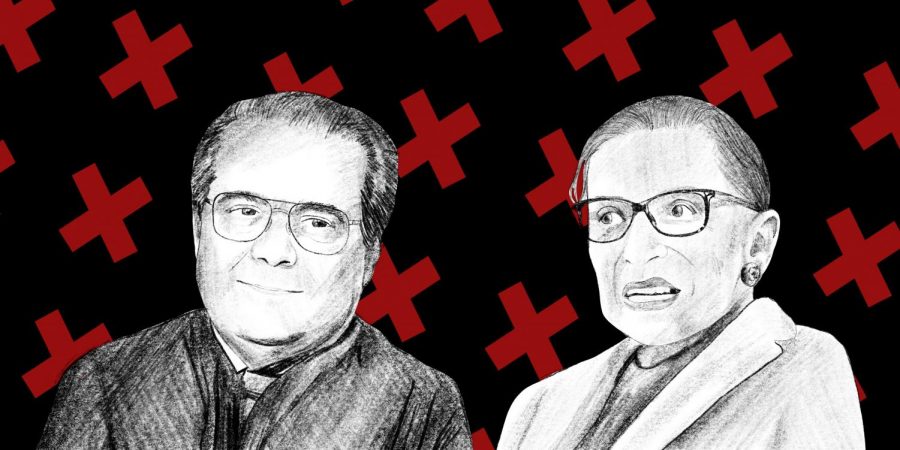
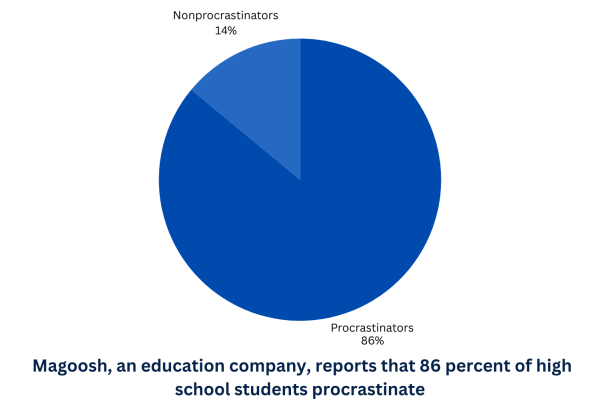
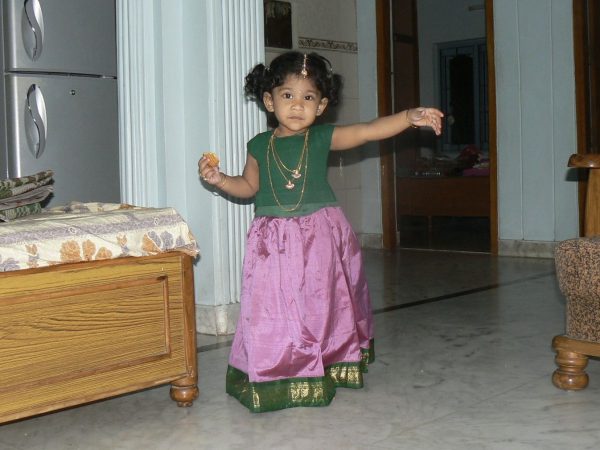


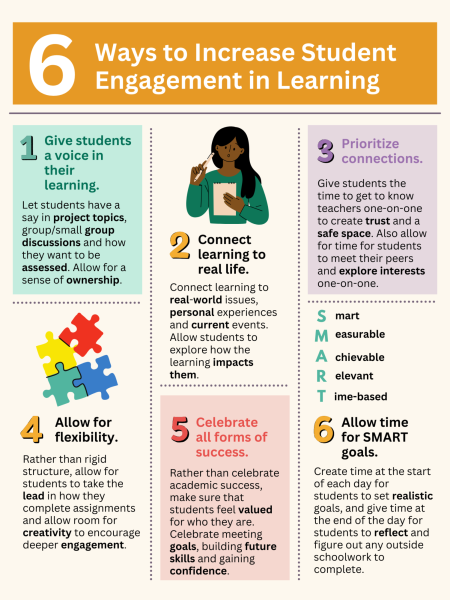
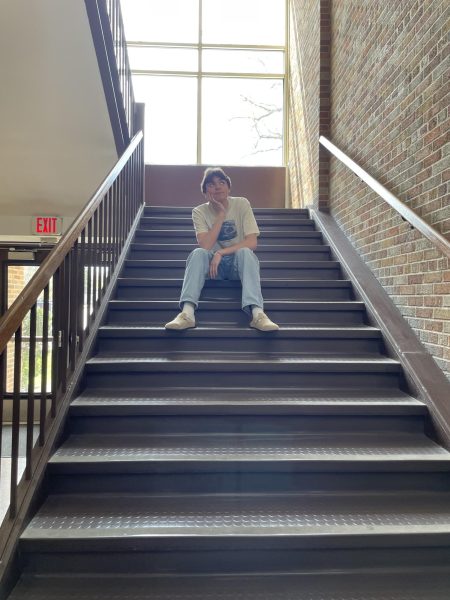

Cathleen Dohrn, PhD • Dec 7, 2020 at 9:37 pm
This is spot on and well-articulated. We should NOT support men who do not support the rights of women (nor should we support their businesses). I really hadn’t considered the Scalia/RBG relationship this way, so thanks for opening my (old) eyes!